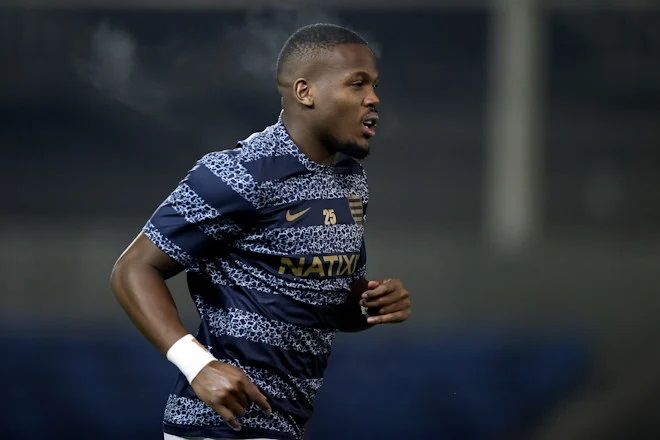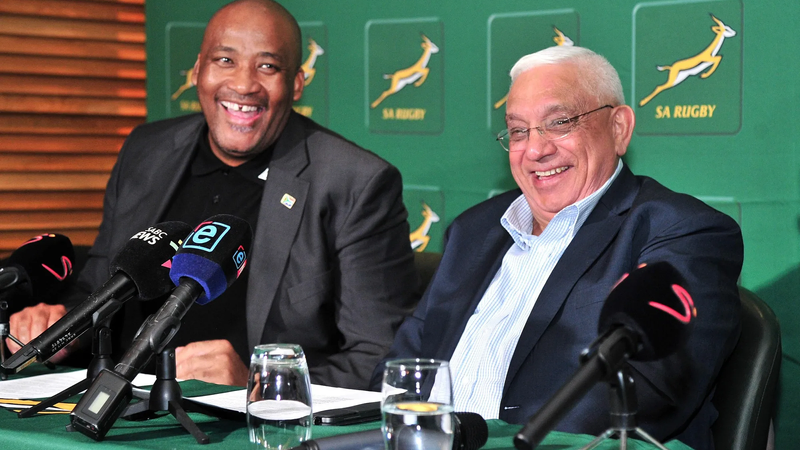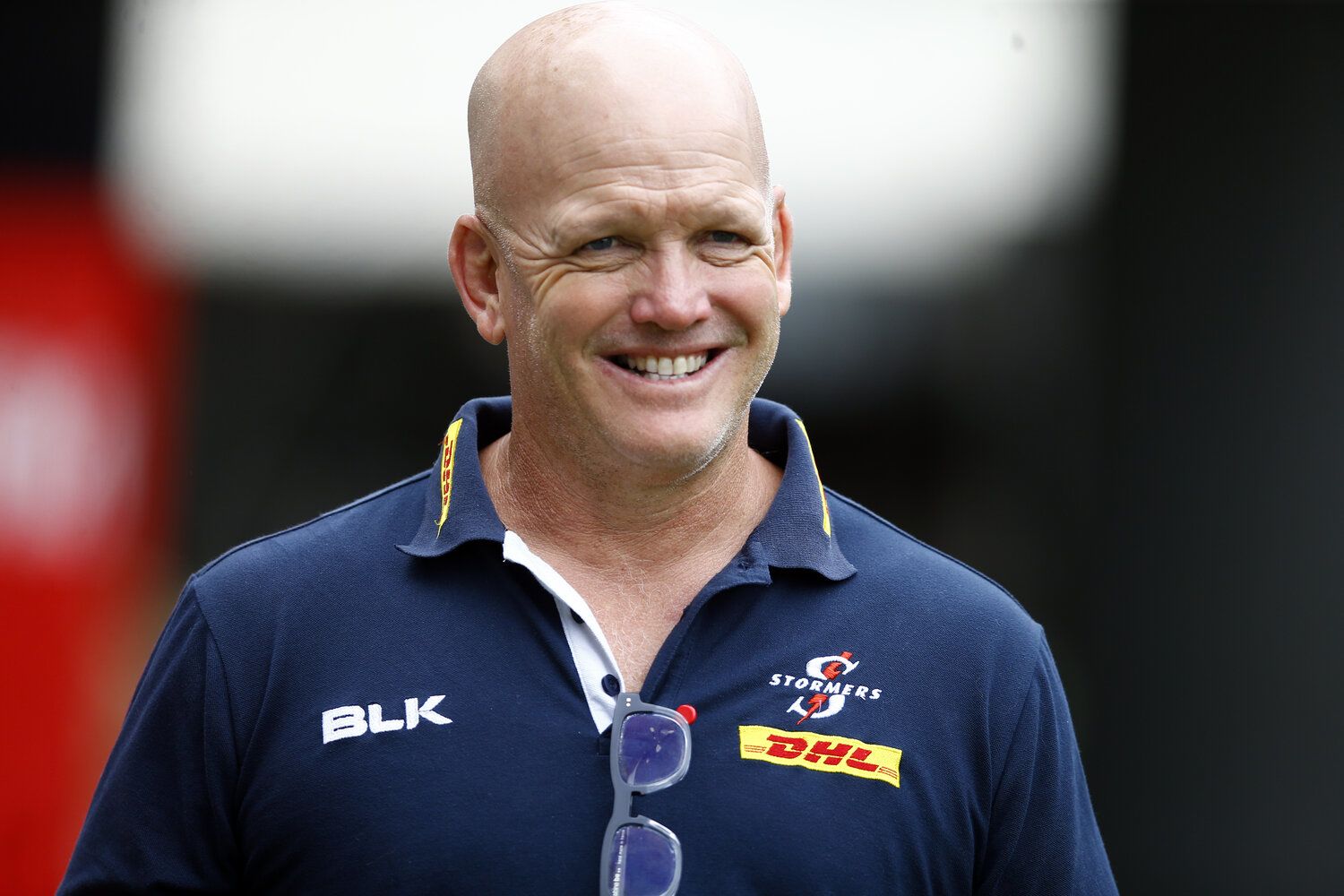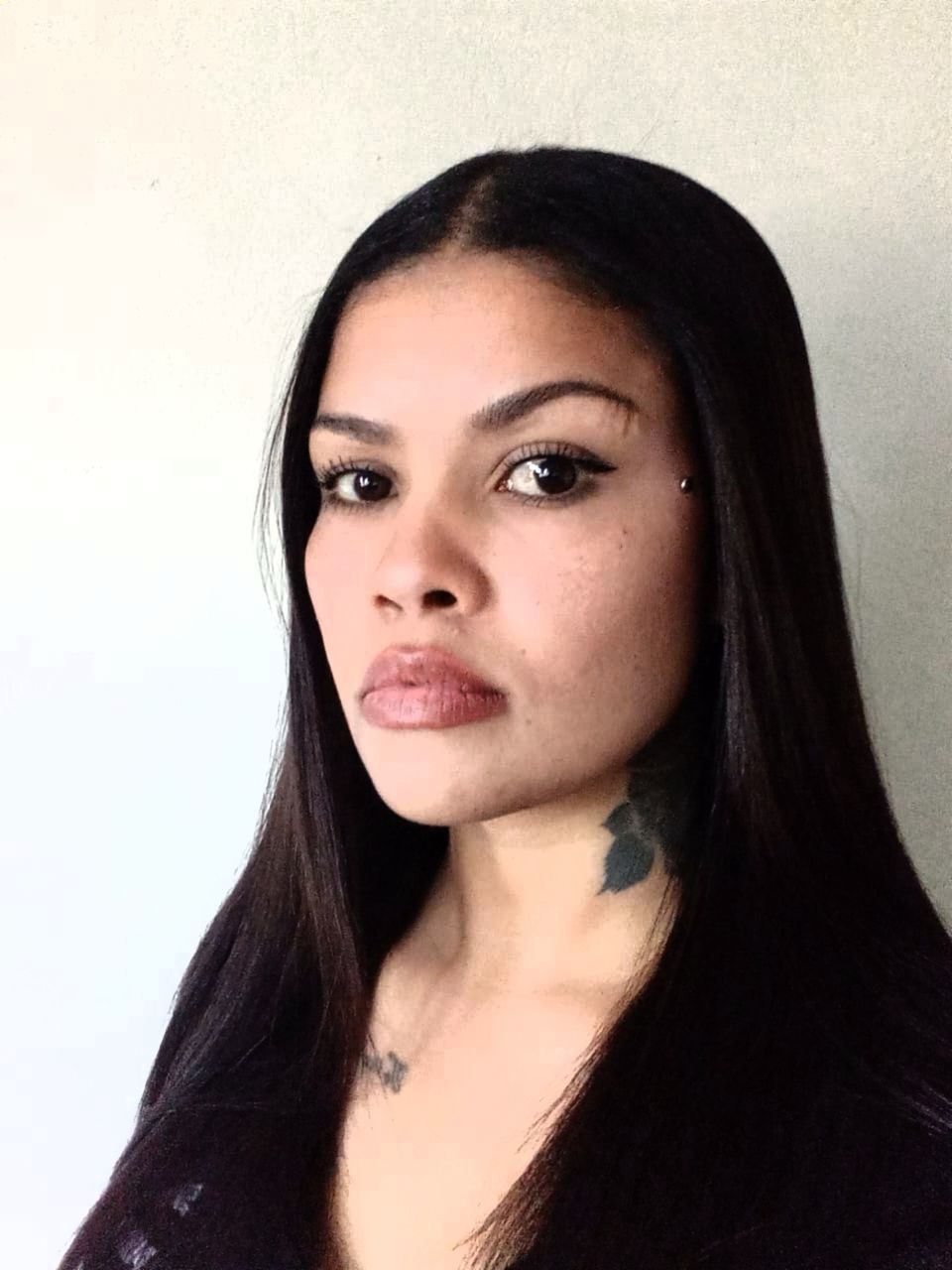During a panel discussion to address the challenges and opportunities facing club rugby in Paarl and Wellington, administrators from Western Province-affiliated clubs in the region discussed the possibility of leaving the union. Could that meeting spark an exodus?

On December 11 2024, KC 107.7 hosted the Chairman’s Courageous Conversation, with a number of administrators and community members from Wellington and Paarl brainstorming a way forward for rugby clubs in Paarl.
The discussion, led by Dr Harlan Cloete, featured Eugene Andries; chairman of the Paarl Rugby Region, Pat Marran; vice president of Boland Rugby, and sports anchor Fiona Adams. Rugby legends such as Clive Thomas, Pompies Williams, and Randy Marinus also contributed to the conversation.
While Western Province Rugby administrators were invited to attend the discussion, they did not respond to the invitation.The discussion stemmed from unhappiness with the current state of rugby in Paarl, with a key point in the meeting being the dissatisfaction with WP and their alleged lack of support to Paarl Rugby, who chose to affiliate with WP instead of Boland after unification, a decision now referred to as a “mistake”.
SPORTS NEWS
Show more newsDuring the meeting, participants specifically addressed the point of the majority of clubs in Paarl playing among themselves, a model former SARU captain Randy Marinus described as “simply not sustainable,” while Marran highlighted the option for Paarl’s 14 rugby clubs to engage in discussions with the Boland Rugby Union regarding inclusion in the 2025 season and the formation of a Wellington-Paarl sub-region to compete in Boland Rugby Union competitions.
In a press release from November 2024 on the current challenges facing club rugby in Paarl, Dr Cloete wrote:
Unification in the early 1990s brought Paarl’s divided clubs back together. Yet, nearly three decades later, club rugby in Paarl has not regained its former glory. In fact, it has stagnated – going nowhere slowly. I’ve shared my views with rugby leadership repeatedly. While they agree with the assessment, they seem to lack the moral courage to tackle the structural issues holding us back.
They wait for solutions from decision-makers in distant boardrooms who neither understand, respect nor share our history or aspirations.
You see, history will again judge us. Not deciding is deciding. The rugby leadership in Paarl should get into a room, lock the door and start a conversation as per the challenge put out by Kenneth Williams a year ago.
Ek daag die Paarl streek bestuur om “brave decisions” te maak wat tot die voordeel van ons opkomende Springbokke sal wees. Uit die Paarl vallei behoort ons jaarliks nasionale spelers op te lewer omdat ons ’n rugbyfabriek is wat kwaliteit spelers lewer, maar ons stelsels is verkeerd. Die vraag wat die Paarl streek bestuur moet vra is waarom speel die Paarl skole (Athol Ontong) in Boland hulle rugby, maar die senior rugbyklubs speel in WP, dit maak net nie sin nie. Op die oomblik is dit net die Paarl streek amptenare wat WP unie baadjie draers is.Ons kan net dinge verander as die besluitmakers van hulle troontjies afklim en die jong talentvolle spelers eerste stel.
The same leadership that we experienced in the 70s is what is needed now. We want to see Paarl rugby clubs competing in tournaments such as the Saldana top 8 easter tournament, the Super 8, 10, 12, 16 finals on our doorstep. We should refuse to be spectators in a game that we [are] supposed to play. And while you in the room perhaps you should also discuss amalgamation, just like Allied, Trust, Perm and Saambou banks combined their strengths to form ABSA bank.
Currently, there are vexed borders between WP and Boland in sport. In the Paarl and Stellenbosch regions, rugby is the only sporting code that is affiliated with WP; all other sports fall under Boland.
On the surface, the issue might appear as one only affecting stakeholders in Paarl, but a breakaway from WP Rugby could produce a ripple effect that would be deeply felt by the union and their strength in future.
In aligning with Boland, Paarl would not only take their club sphere with them, but some of South Africa’s top rugby schools, like Paarl Gymnasium and Paarl Boys’ High would have to follow suit. Maties – a direct feeder to the Stormers – would be another loss to Western Province.
Compared to a club rugby model like that of the Bulls, if you compare it to the current state of rugby in Paarl, WP are falling sadly short.
The Bulls, who in the past were not exactly known for their nurturing of club rugby, greatly invested in club rugby in recent years.
The massive investment – which saw the union pump more money into their amateur stream than all other unions in South Africa combined – paid off as their amateur rugby strengthened. The success and interest in the Carlton Cup, for example, was proof of that.
Tukkies were no longer the only real club attraction, or even the most dominant force on the club scene in the region; in fact, it wasn't long before a club like Northam Rhinos made sure of that by defeating Tukkies a good few times.
The Bulls succeeded in making club rugby relevant again, and while they invested a lot of money into that goal, they also applied innovative measures in order to create pathways from amateur to professional rugby and foster better relationships with the rugby clubs in Pretoria. One of these measures was the allocation of contracted Bulls players to the Carlton League clubs in the form of a draft system. In May 2021, 11 players made their Carlton league debut.
“WP Rugby is failing not only the clubs and schools, but they are also failing rugby in the region in general”, these were the words of a chairman we spoke to on condition of anonymity.
When TelecomAsia Sport contacted Danny Jones, General Manager of Amateur Rugby and Peter Jooste, WPRFU administrator, neither had responded at the time of publication.



















